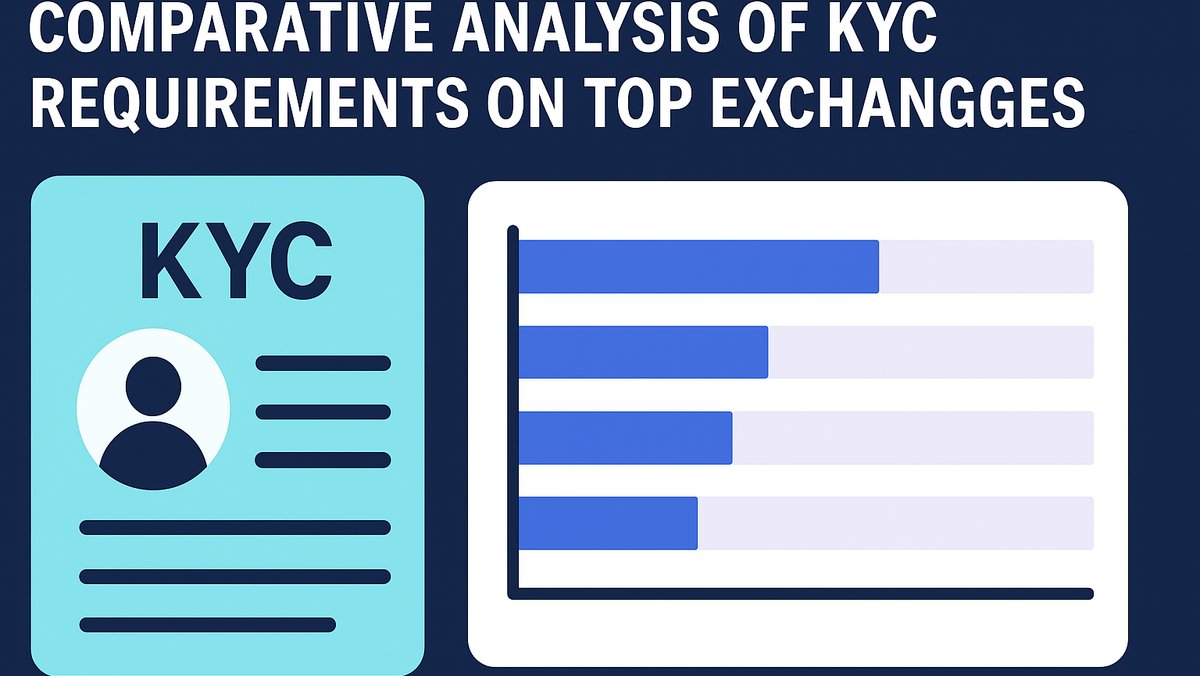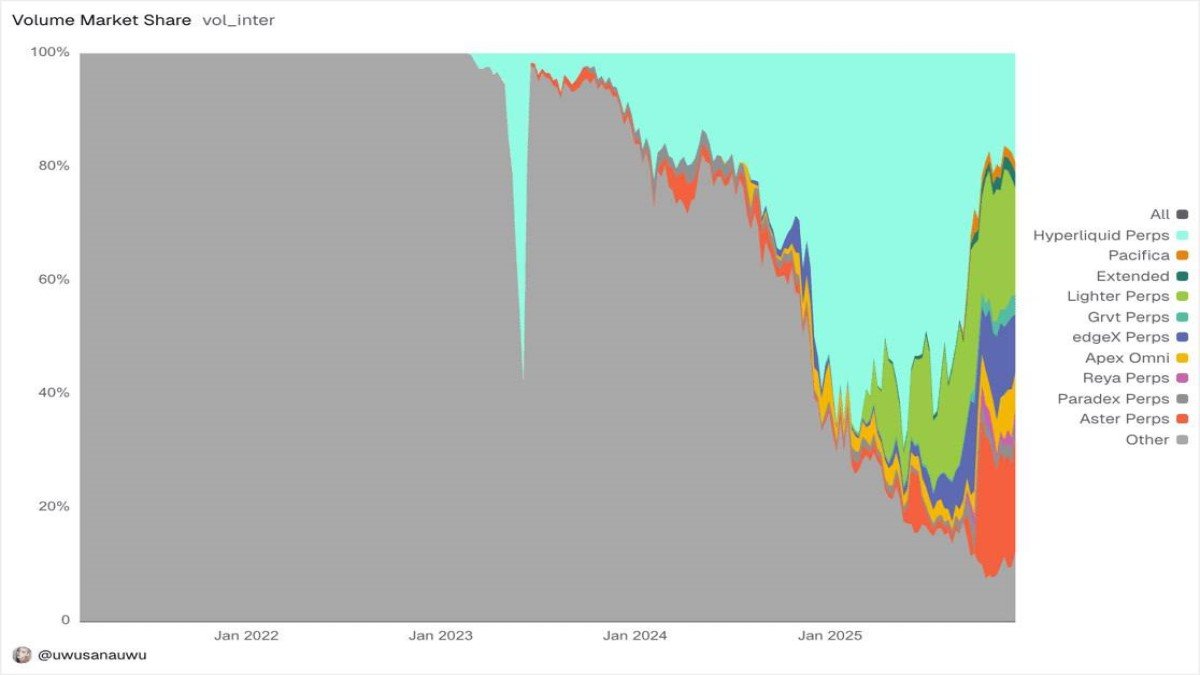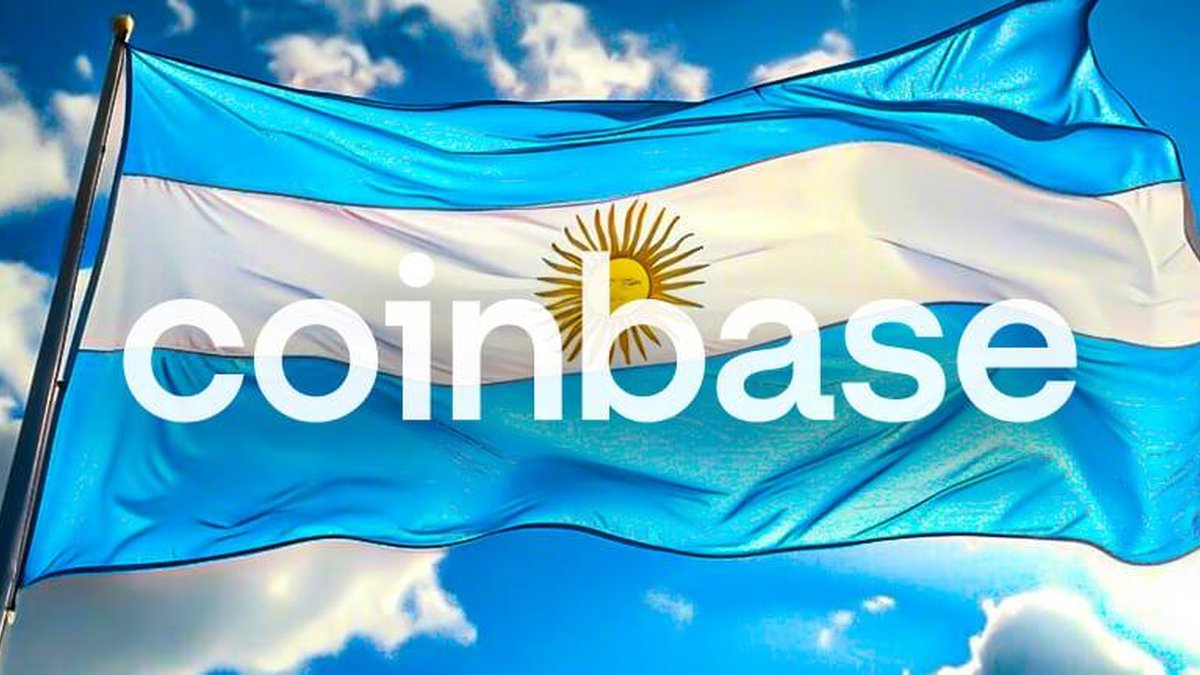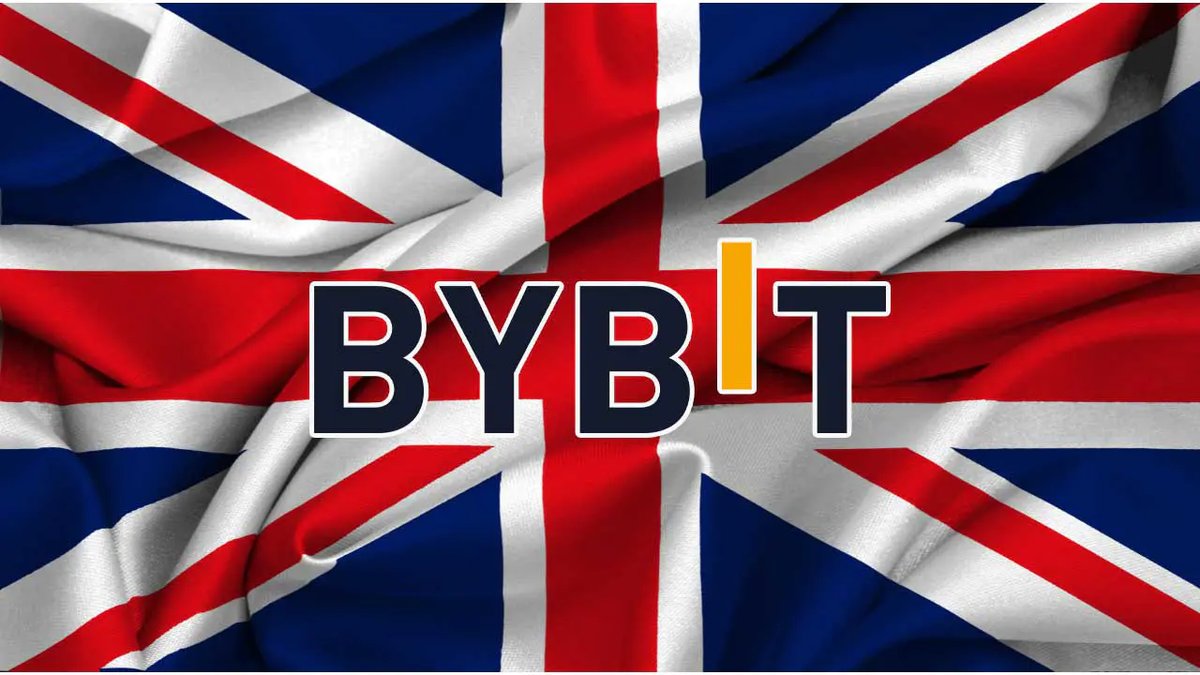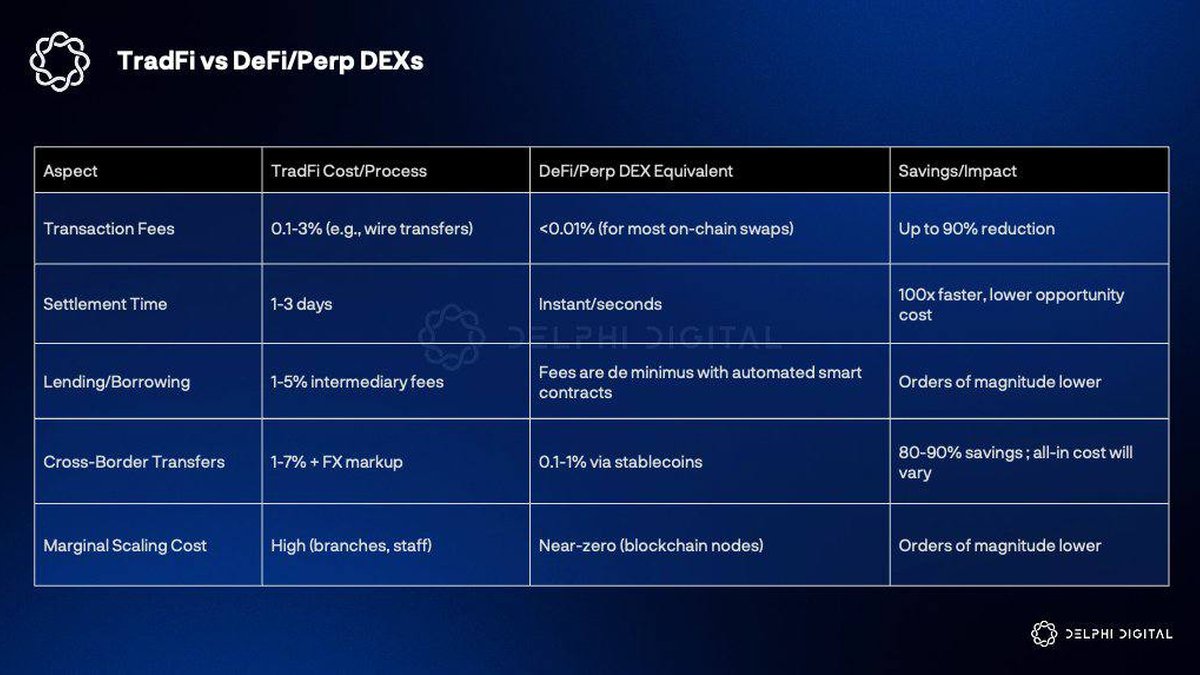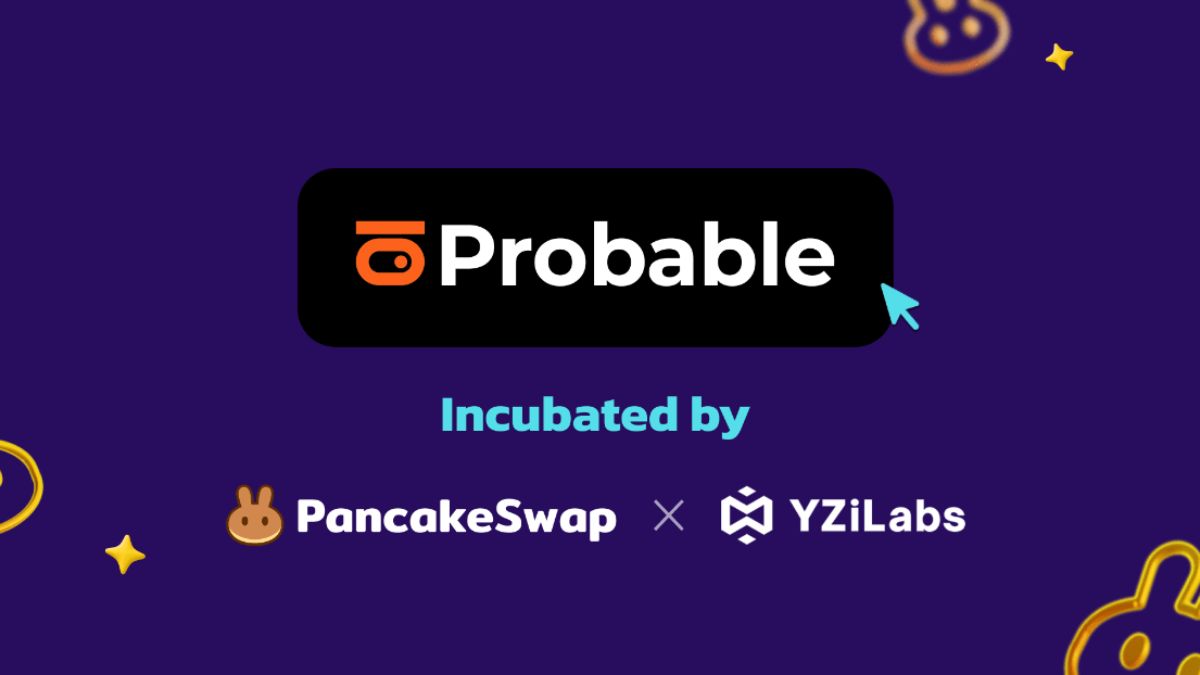Comparative Analysis of KYC Requirements on Top Exchanges
Know Your Customer (KYC) rules have become a defining feature of modern cryptocurrency exchanges. While they enhance security and regulatory compliance, they also affect user privacy and accessibility. In this article, we compare KYC requirements across top exchanges in 2025, analyzing their impact on user experience, compliance, and market participation.
Why KYC Matters
KYC regulations require exchanges to verify user identity, typically through government-issued IDs, proof of residence, and biometric checks. The goals are to prevent money laundering, serious crime financing, and illegal deception. However, strict KYC processes can deter users seeking privacy or those in regions with limited access to official documents.
Exchange-by-Exchange Breakdown
Coinbase
As a publicly traded company, Coinbase enforces one of the strictest KYC frameworks. Users must provide government IDs, social security numbers (U.S.), and may undergo additional checks for high-volume trading. The exchange also conducts ongoing transaction monitoring.
Binance
Binance historically offered light KYC but tightened requirements following regulatory crackdowns in 2023–24. In 2025, even basic accounts require ID verification, while higher limits demand biometric scans and proof of funds. Binance balances compliance with global accessibility by offering localized KYC processes.
Kraken
Kraken applies tiered verification. Entry-level accounts require minimal information for small deposits, while full access to futures and margin trading requires extensive KYC, including proof of residence. Kraken is also notable for offering security-focused education alongside its verification process.
Gemini
Gemini is licensed under New York’s strict BitLicense, making its KYC process one of the toughest. Institutional clients face enhanced due diligence, while retail users undergo ID verification and biometric checks. Gemini emphasizes compliance as part of its brand identity.
Pros and Cons of KYC
Pros
- Protects against illegal deception and theft.
- Builds institutional trust.
- Enables fiat integration with banks.
Cons
- Reduces privacy for users.
- Excludes individuals without formal identification.
- Creates data security risks if exchanges are breached.
Alternatives to KYC-Heavy Exchanges
Some decentralized exchanges (DEXs) and offshore platforms offer no-KYC trading, but they often come with higher regulatory risks. Hybrid models are emerging, offering non-custodial wallets but requiring KYC for fiat transactions.
Future Trends
By 2025, regulators are pushing for standardized global KYC rules. Proof-of-identity on-chain solutions are gaining traction, allowing users to verify identities without exposing sensitive documents. Privacy-preserving technologies like zero-knowledge proofs may strike a balance between compliance and anonymity.
Frequently Asked Questions
Why do exchanges require KYC? To comply with AML laws, prevent illegal deception, and enable fiat integration with banks.
Which exchange has the strictest KYC? Gemini and Coinbase generally have the toughest requirements, especially for U.S. customers.
Can I avoid KYC? Only by using certain DEXs or offshore platforms, but this increases legal and security risks.
Is KYC good for investors? While it reduces privacy, KYC improves security and market legitimacy, attracting institutional participation.

